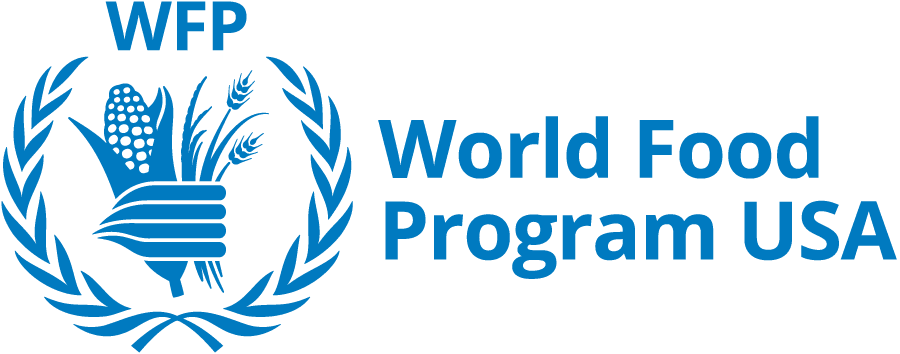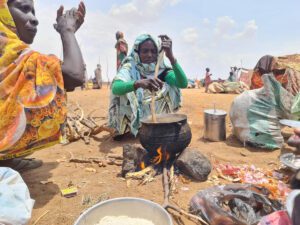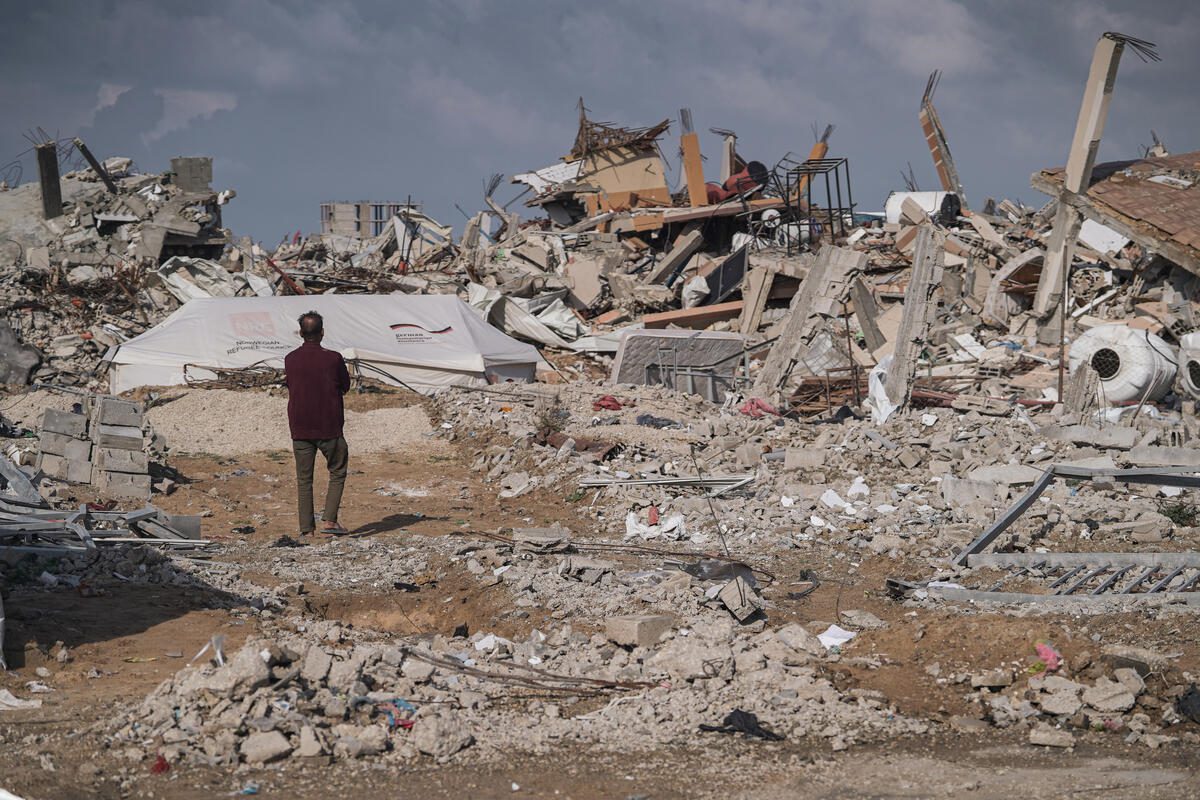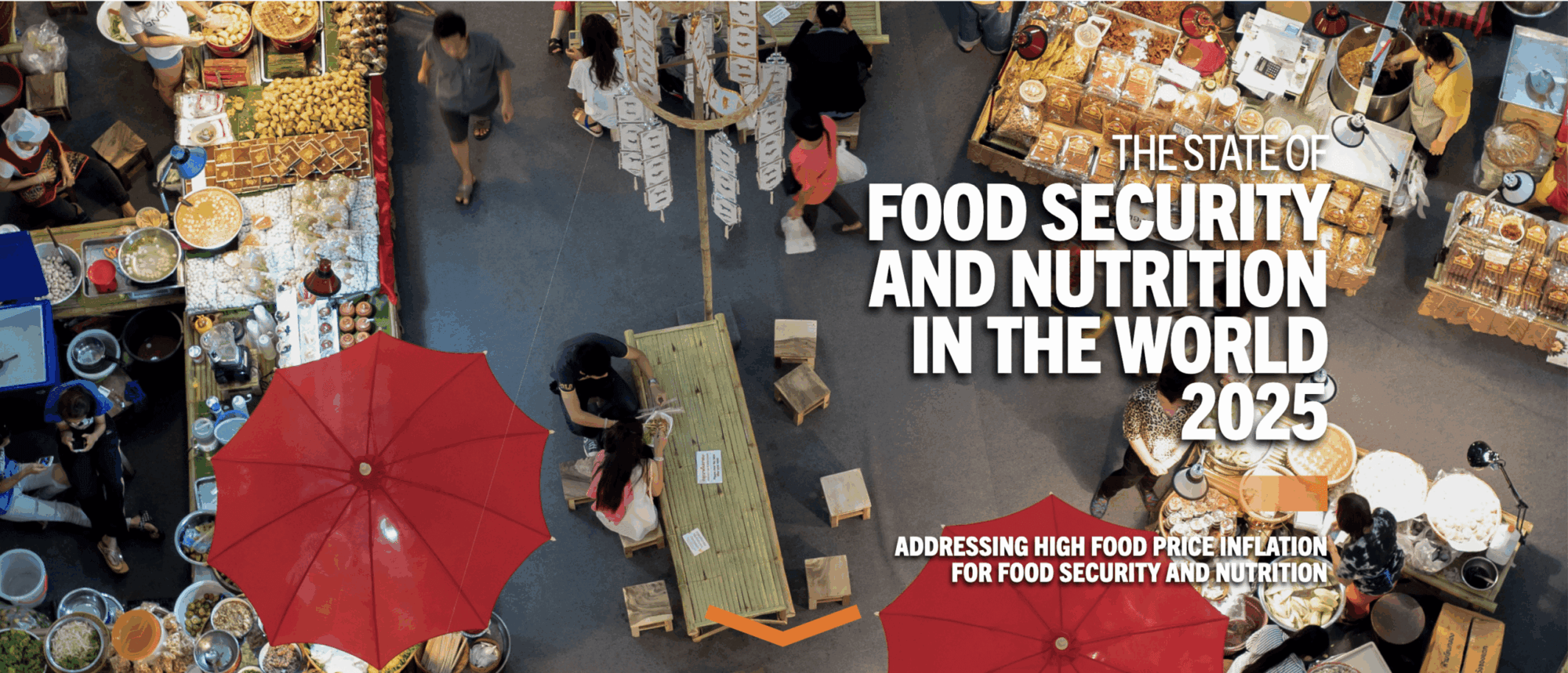Eleven-year-old Rubina loves to learn.
She goes to class inside a UNICEF-supported school in the makeshift camp of Balukhali in Cox’s Bazar, Bangladesh. It’s one of more than 1,000 “child learning centers” scattered throughout an area now considered the largest refugee camp in the world.
When her family fled Myanmar almost one year ago, it wasn’t clear how she would continue her studies. Rubina’s father, physically paralyzed, could not work. They immediately took shelter with her mother Julekha—registering for food and nutritional assistance with the World Food Programme (WFP).
But thanks to a partnership between WFP and UNICEF, children like Rubina have the chance to learn amid crisis. And a school meal of nutritious biscuits is one of their most important school supplies.
These schools, also known as “child safe spaces,” prioritize education for Rohingya children trapped by the crisis. To complement their studies, WFP’s emergency school meals program provides nutrient-rich High Energy Biscuits to each child.
The food is a vital way to increase attendance among the Rohingya and improve school retention while strengthening students’ attention and learning.

WFP/Saikat Mojumder
Rubina.
“We wanted to expand and give more access to food,” recalls Sunee Singh, a WFP Policy and Program officer in Cox’s Bazar, months after the Rohingya refugee crisis began. “We thought about helping vulnerable groups like children and women. In one of our informal gatherings with my colleagues, we started thinking about this idea – why not explore giving them biscuits?”
A year later, WFP is providing emergency school meals to more than 118,000 refugee children like Rubina. As the world’s largest provider of school meals, WFP uses these biscuits to help keep malnutrition at bay within the refugee camps during the monsoon season — a time when the threat of disease rises.
“We realized the importance of these biscuits,” Singh said. “If we do not provide biscuits at these centers, then probably these children just don’t even go to the safe spaces.”
WFP’s commitment to school meals extends beyond the makeshift camps in Cox’s Bazar—the humanitarian agency also provides school meals to more than 144,000 children in 557 schools across the rest of Bangladesh.






